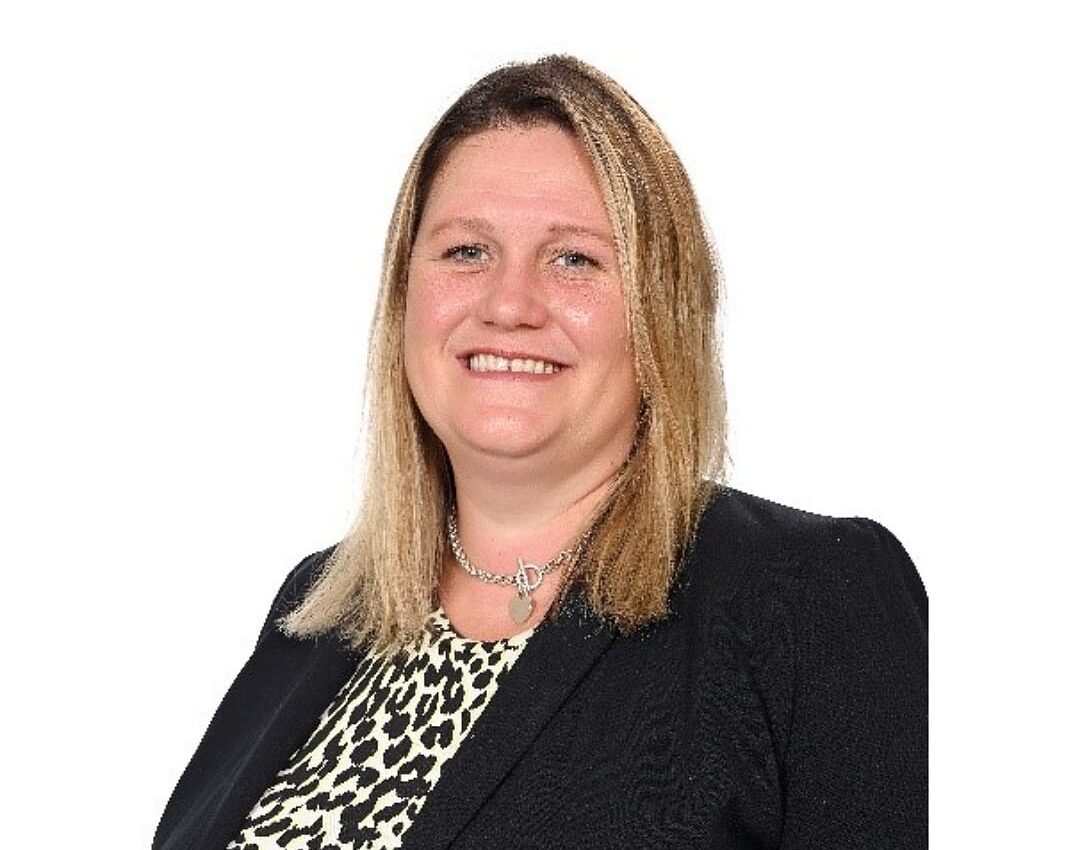By having teachers, parents and adults participating alongside children and young people on this Odd Socks Day, we have an opportunity to initiate important discussions with our children around tolerance, says Michaela Bullock, Assistant Principal of Inclusion and Wellbeing, GEMS Royal Dubai School
When living in a diverse and multicultural society such as the UAE, it is essential that we embrace every opportunity to allow children to express and celebrate all the components which make them different and unique.
Odd Socks Day is celebrated each year as part of Anti-Bullying Week, which is recognised and advocated by countries all around the world. This year, Anti-Bullying Week takes place from November 14-18, beginning with Odd Socks Day on Monday November 14. The day is dedicated to personal identity and the recognition that we are all unique. Celebrating our differences and strengths is key to our social and emotional development, and by embedding this in schools we allow our children the opportunity to develop not only their self-esteem but also their tolerance and openness.
However, Odd Socks Day is not merely for schools – it’s for everyone, with workplaces also taking part. And by having teachers, parents and adults participating alongside children and young people, we have an opportunity to initiate important discussions with our children around tolerance.
This year’s theme is ‘Reach Out’, which is all about empowering children to have the confidence to speak up when they notice something that makes them or someone else feel uncomfortable.
The first step of addressing the theme of bullying with children is to ensure they truly understand what bullying means and that there are key differences between an unkind incident and a case of bullying.
The Anti-Bullying Alliance defines bullying as: ‘The repetitive, intentional hurting of one person or group by another person or group, where the relationship involves an imbalance of power. It can happen face to face or online.’
When we think of the word bullying, it is common to assume there are only two roles at play: a perpetrator and a victim. But there are often many more roles involved – and one of the most crucial is that of the bystander, who is a witness to bullying and has the potential to intervene.
Through this year’s theme of ‘Reach Out’, we can empower all those who may see, hear or witness bullying to speak out and ask for help. There are many ways in which teachers and parents can support children in ensuring they get the help and assistance they need. One of them is building strong relationships with children. By listening to them calmly, children can feel secure enough to share their problems. Teachers can also encourage children to participate in recreational activities for the purpose of building strength and socialising.
Schools can also consider encouraging and empowering students to be peer mentors. These children can be trained to be a friendly and approachable face, both in the classroom and on the playground. This allows children who may not yet be ready or confident enough to approach an adult to have a peer support them.
This Odd Socks Day and Anti-Bullying Week, we should encourage the whole community to get involved, celebrate our differences, and talk openly about the ever-important subject of bullying.








